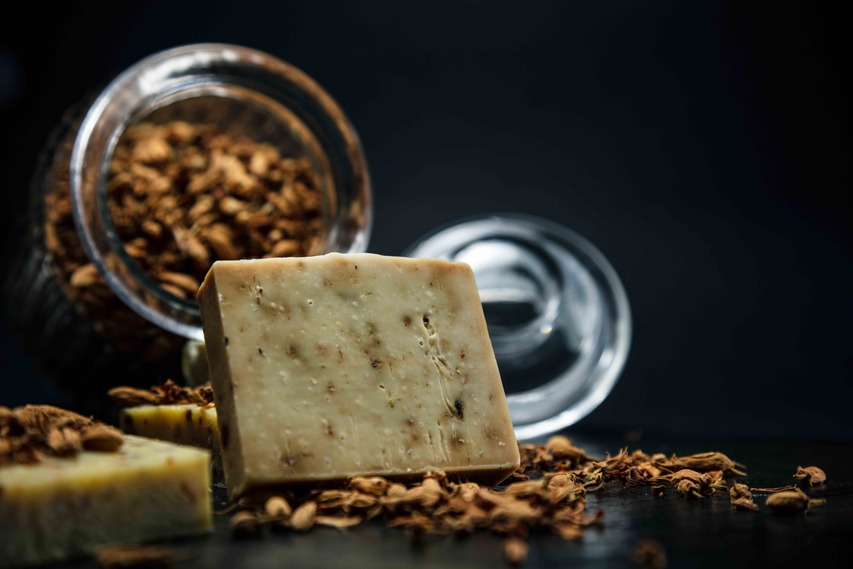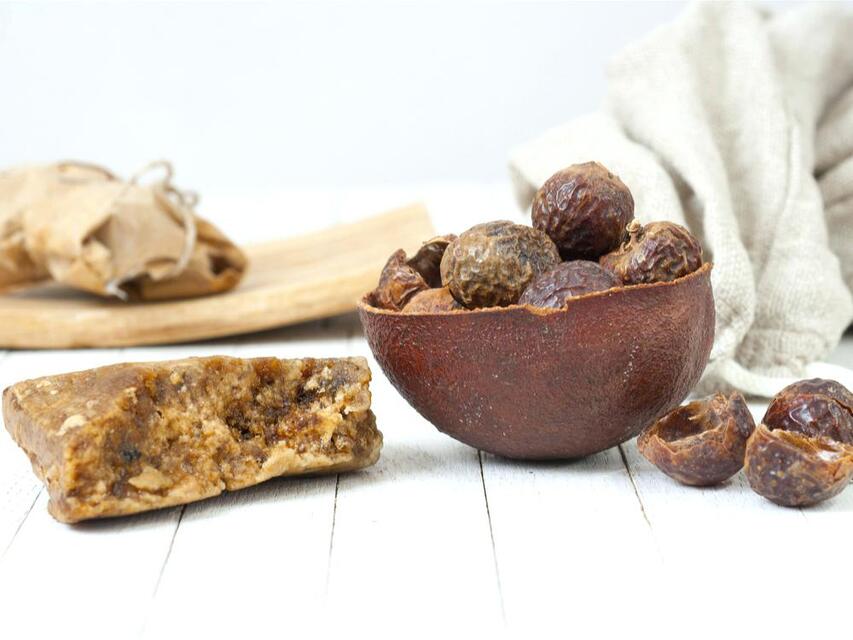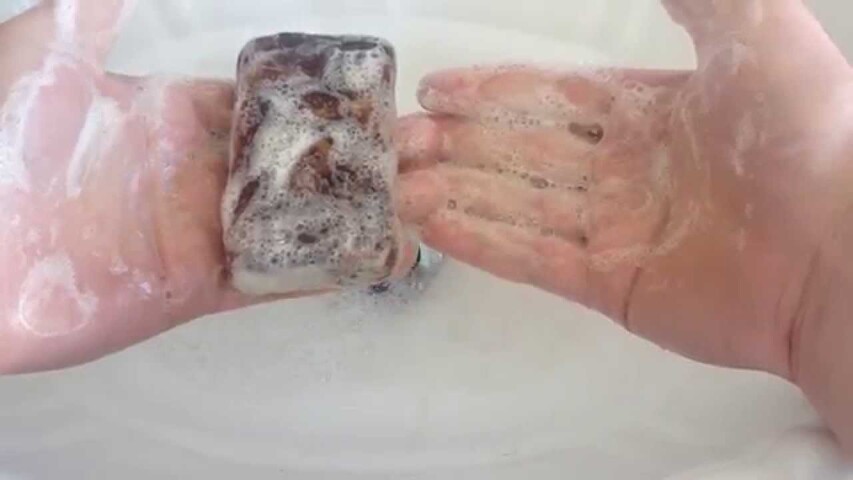Does african black soap help treat acne?

What is African Black Soap?
African black soap, also known simply as black soap, originates from West Africa, particularly Ghana. Despite its name, traditional African black soap is typically brown, not black (soaps that are jet black often contain artificial additives). Its darker hue comes from local ingredients, including ash made by burning sun-dried plantains, cocoa pods, palm tree leaves, and shea tree bark. This ash is mixed with water and oils like coconut, palm, and shea butter, cooked until solid, and hand-stirred for 24 hours before curing. The recipe can vary by region—Moroccan black soap, or Saboun Beldi, uses olive oil and potash, while Nigerian black soap primarily relies on palm oil and cocoa pods.

What Is African Black Soap Used For?
African black soap is valued as a gentle cleanser, especially for those with rosacea or skin irritation. Thanks to its antibacterial properties (from plantain extract), it can help treat and prevent acne breakouts.
Risks of Using African Black Soap
While African black soap is generally safe, it may not suit everyone:
- Allergies: People allergic to glycerin, cocoa, or caffeine should avoid it due to its high content of these ingredients.
- Dryness: Some variants can over-dry the skin, particularly for those with sensitive or dry skin. Opt for versions containing moisturizing ingredients like shea butter and always follow up with a hydrating moisturizer.

Does African Black Soap Help With Acne?
For mild acne, African black soap can help reduce breakouts with its antibacterial and cleansing properties. For moderate to severe acne, it works best when combined with a skin-friendly diet and topical treatments. To find personalized acne solutions, take MDacne's free 5-minute skin analysis.
How to Use African Black Soap for Acne-Prone Skin
- Lather First: Rub the soap in your hands to create a lather before applying it to damp skin. Avoid rubbing the soap bar directly on your face to prevent irritation.
- Gentle Cleansing: Be gentle, as undissolved ash granules can scratch the skin. Avoid excessive scrubbing.
- Moisturize: To prevent dryness, rinse with cold water to retain moisture and immediately apply a lightweight, non-comedogenic moisturizer, even on slightly damp skin.
FAQs
- Does African black soap work for everyone? It benefits many but may cause dryness or irritation in sensitive skin.
- Can it treat acne? It helps mild acne but is most effective when combined with other treatments for severe acne.
- Does it have anti-aging benefits? Yes, it may reduce fine lines and stretch marks.
- Can I use it daily? Start slowly, using it a few times per week, and monitor your skin's response.
Additional resources:
Best acne treatment for black skin
Discovering Black Soap: A Survey on the Attitudes and Practices of Black Soap Users
To find the right acne treatments for your unique skin, take the free skin assessment by clicking here.



